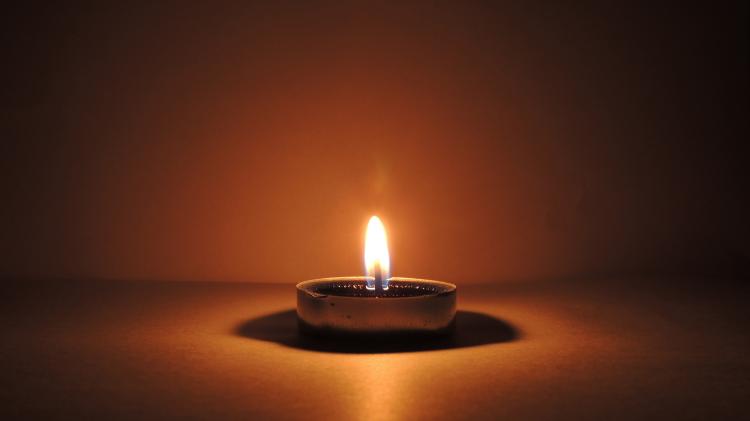
Look after your mental health
Anxiety, grief or depression are natural reactions to the climate crisis. Restore active hope by linking up with others and taking strong actions which affirm personal power. Choose actions which produce visible change. Avoid burnout with teamwork, regular breaks and recognising your limits.

There is an extensive body of research exploring the consequences of climate change on our mental health and it is well established that it can have an adverse effect. This can happen in three main ways: general anxiety about the state of the planet and its future (termed climate anxiety, climate grief or climate depression); trauma caused by climate catastrophes like flooding and hurricanes; and burnout caused by over-commitment to climate activism. A fourth issue, the negative effect of hot weather on those taking lithium, neuroleptic and anti-cholinergic drugs, won't be dealt with here, but it is something you should be aware of if you use that type of medication.
Climate anxiety
Awareness of the looming threats, risks and impacts of climate change presents challenges to emotional and social wellbeing. Helping people cope with this climate anxiety means allowing them to grieve; for lost ecosystems and species, for missed chances for society to change course, and for other people who are suffering climate catastrophe. In response to this need The Good Grief Network has launched a powerful 10-step program focused on climate grief. This is based on the traditional 10-step model, but with a focus on emerging from grief and into positive action.
Three responses are needed to move from climate anxiety to psychological adaptation.
Firstly, an acknowledgement of the grave threats posed by climate change is important. When you wake up to this reality, experiencing climate anxiety is both healthy and normal.
Secondly, you need to find ways to face up to, and come to terms with, these threats. This means realising your own agency and ability to bring about change, and then setting intentions for the actions you will take. If you're feeling overwhelmed by the enormity of climate change, this is best done as part of a group; your climate anxiety may simply be too big for you to hold on your own.
Thirdly, you need to change your behaviour and lifestyle in order to both reduce your climate footprint and protect yourself. This stage is the creation of active hope. Active hope is needed to move your hopeful intentions from a passive state to an active process of mitigation and adaptation. 52 Climate Actions is all about taking powerful actions that can make a real difference; choose those actions that inspire and give you hope.

Climate trauma
The links between extreme weather events and mental health effects are well established. Losing your home to flooding, wildfire or hurricane is devastating. Grief for your old life and community will be strong, as will fear for the future. You may have lost most of your material possessions and be unsure when or where you will find your next permanent home.
Maybe you're even grieving for friends, family or pets who died in the disaster. Following natural disasters rates of PTSD, anxiety, depression, substance abuse, suicide and violence all increase. Each of these has further knock on effects for already traumatised families and communities.
If you have experienced climate trauma yourself, it may be difficult to recover without professional support. Trauma is generally helped by counselling, medication, regular physical exercise and stability. All of these need to be made available to victims of climate disasters. It is important to recognise the difference between immediate distress or grief, which will pass, and more persistent mental health problems, which may remain for many years.
Burnout
The term “burnout” was first defined by Herbert Freudenberger, in Burnout: The High Cost of High Achievement, “the extinction of motivation or incentive, especially where one's devotion to a cause or relationship fails to produce the desired results.” This is a common experience for those actively working for a cause they passionately believe in, such as campaigning on climate change. It is closely connected to “compassion fatigue”, a phenomenon experienced by people who deal with natural disaster victims or work for relief charities.
Burnout isn’t a diagnosable psychological disorder, although it does share similarities with depression. Typical symptoms include alienation, frustration, increased cynicism, emotional numbness, headaches and stomach aches, feeling drained, tiredness, feeling negative about tasks, difficulty concentrating and lack of creativity.
The good news is that burnout is not a permanent condition. The most important thing is to acknowledge that you are experiencing, or in danger of experiencing, burnout. Next, and often the hardest thing, is to recognise that you aren't indispensable to the cause or campaign you're working on. You either have to hand over some responsibility to someone else, or accept that some tasks just can't be done. This means talking to colleagues about what you're experiencing, followed by taking action to reduce your workload and emotional burden.
Time off is an obvious solution, as is reduced responsibility, sharing your tasks with others, a change of role, or even giving up your current cause completely. Regular scheduled breaks (including full days doing something else), eating an improved diet, healthy sleep habits, a physical exercise regime, and reduced alcohol intake can all help you relax. Talking to a mental health professional may also help you find the strategies you need.
Picture credits: 1) Fernando Cferdo - Unsplash 2) Chirag K - unsplash.com 3) Timothy Brock - unsplash.com
Choose one of the 52 Actions and act on it!
When you complete one climate action, start another
Find others who can share your plans for action
Support Mental Health Awareness Week and linked charities working for change



